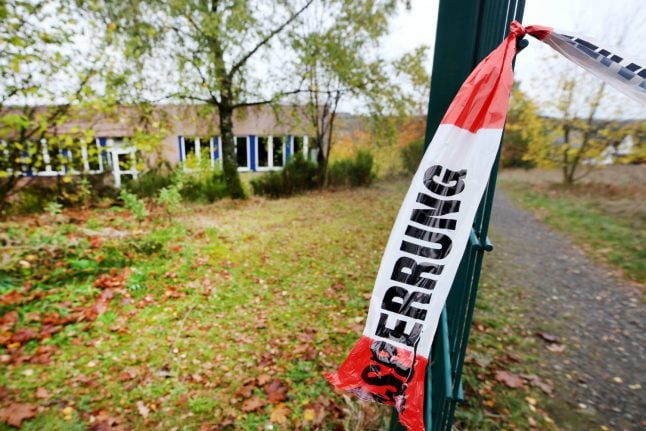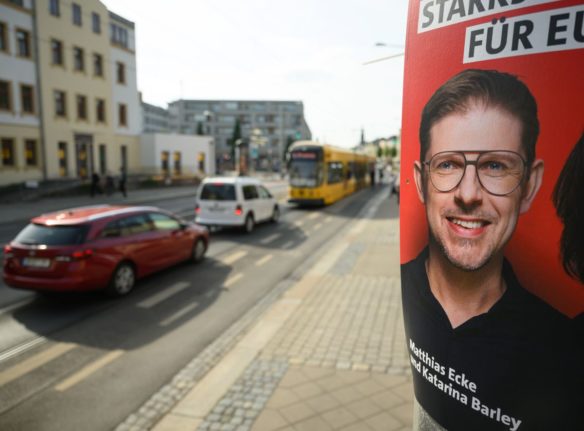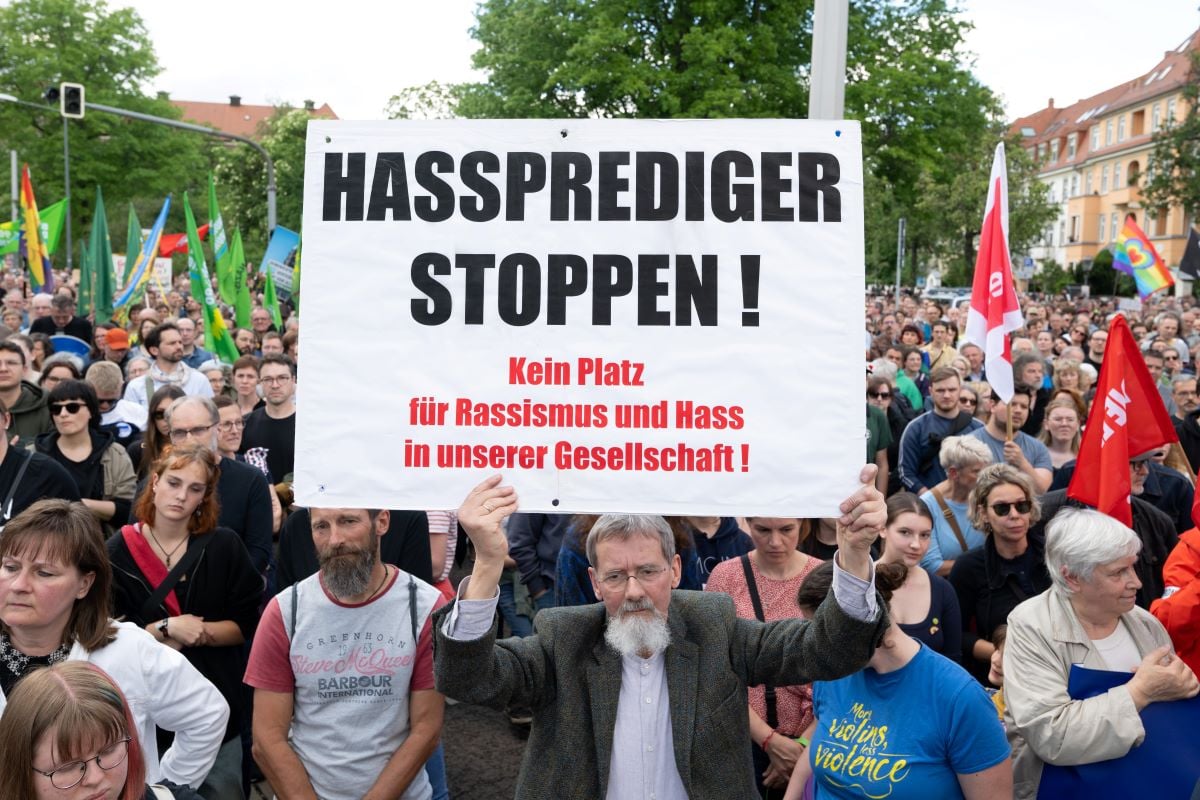The suspect testified that he strangled his classmate in a wooded area near the school grounds, said public prosecutor Rainer Hoppmann in the district of Olpe on Thursday.
There was “definitely” resistance from the victim, according to investigators. They said that the 14-year-old had been physically superior and had the stature of a 16-year-old. The victim, on the other hand, had been much weaker, said investigators.
“It seems that there was an argument that annoyed or frustrated him,” said Hoppmann.
The investigators made no precise statements about the motive. However, they said that before the crime the 14-year-old had declared his affection for the victim.
Shortly before the crime, there is said to have been a clarifying conversation about the 14-year-old's affection for the later victim. According to his statement, the 14-year-old wanted to have a relationship with the older classmate. However, the 16-year-old had “not reciprocated”.
In custody
Currently, the 14-year-old is in custody. He's been detained in connection to an alleged homicide and could face up to 10 years in prison.
Police found the body of the 16-year-old only a few meters away from the school in Wenden, a small town with a population of about 20,000 people, on Wednesday evening around 7:50 p.m.
The victim had already been missing in Sauerland since Tuesday afternoon. Police had called on locals to help search for him.
The two youths, both Germans, had attended the Gesamtschule (comprehensive high school) in Wenden. After an argument near the school, the 14-year-old had strangled his classmate with his bare hands.
The 14-year-old then reportedly carried his dead classmate to another place in the forest near the school and deposited him there, but didn’t attempt to bury the corpse with leaves or branches.
Other students at the school noticed that the clothes of the 14-year-old were dirty, but he reportedly told them that he had simply fallen.

Police closed off the scene of the crime on the school grounds. Photo: DPA
A confession is made
After the 16-year-old had not returned home on Tuesday afternoon, his worried parents alerted the police and a large search operation got underway. Police first sought out the 14-year-old as a witness, and he admitted to having had an argument with his friend.
The police at first believed that the two had then gone their separate ways. But then police noticed there were contradictions in the 14-year-old's statements.
Even after the body was found, the 14-year-old continued to deny his involvement, yet once brought before a judge on Thursday he confessed.
“He described the incident meticulously,” said Hoppman. “He was partly very deliberate, thought about how he would formulate it.”
When asked whether the youth had shown remorse about his deed, Hoppmann replied: “To the extent required”. He came from an “orderly family home”, he added.
A statement appeared on the school's website on Thursday: “The school mourns the loss of a member of its community and is thinking about these difficult hours with the affected family,” it says.
They have been going through a “terrible time,” the website said. The 16-year-old's football club cancelled its matches for the coming weekend. “Our sadness and compassion cannot be expressed in words,” the club SV Rothemühle wrote on its Facebook page.
–




 Please whitelist us to continue reading.
Please whitelist us to continue reading.
Member comments